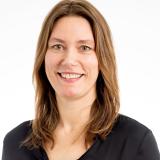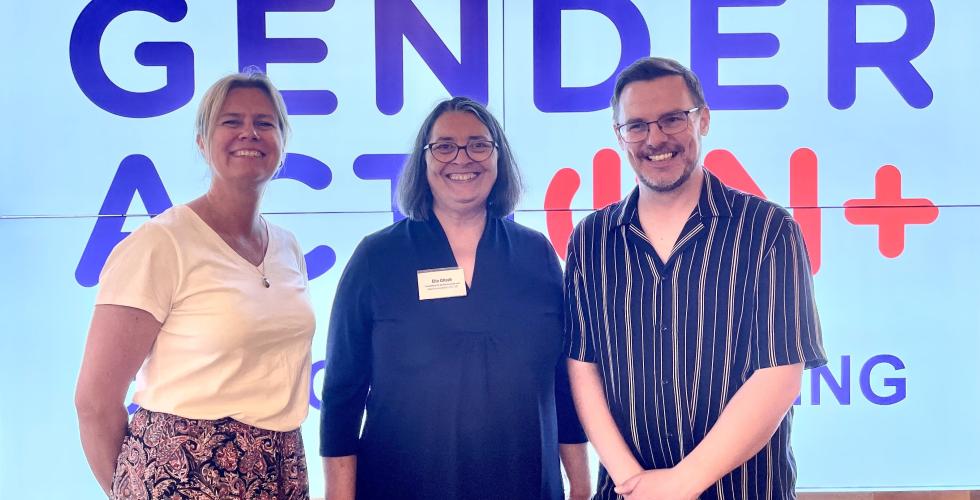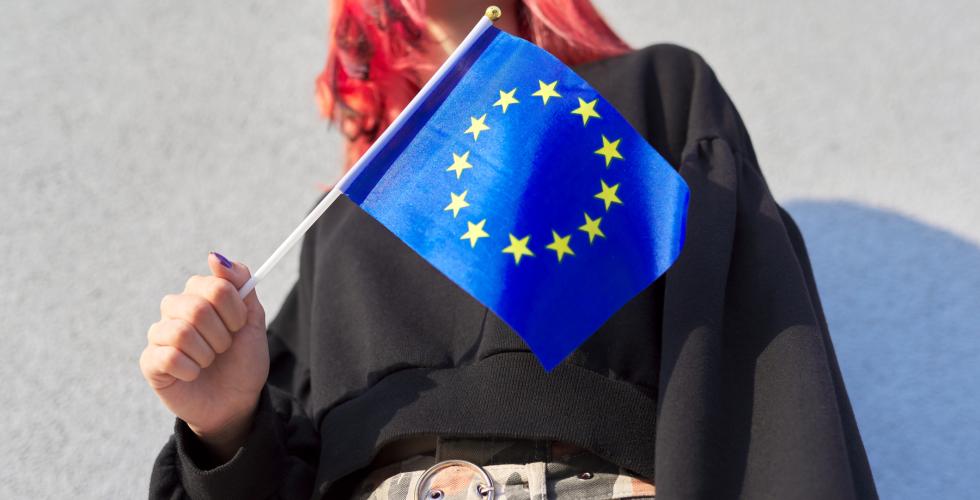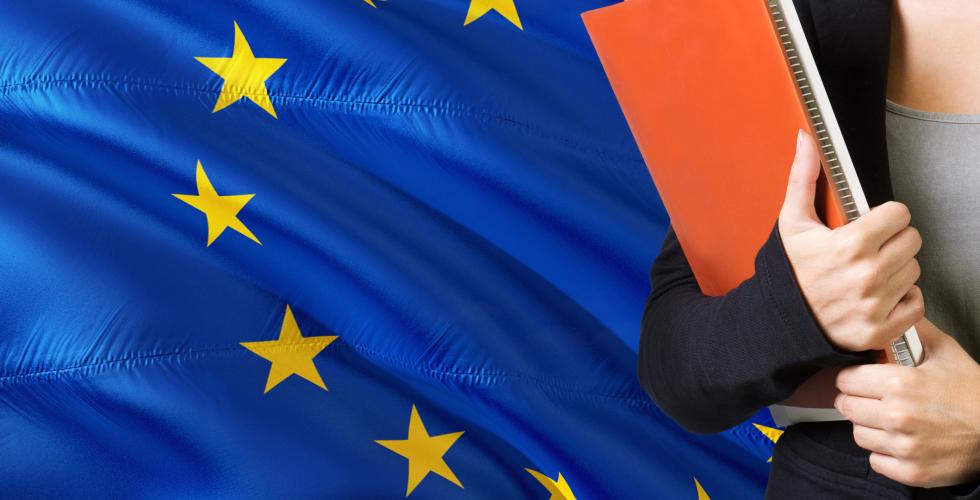New European guidelines for equality in academia
The EU project GENDERACTIONplus is set to host a conference on equality in February. Why is this conference so important for Norwegian research institutions?
A broad definition of equality in the European Research Area (ERA) is on the agenda of the ERA of Inclusive Gender Equality conference on 13 February. (See more in the fact box.)
The organisers of the project GENDERACTIONplus are inviting actors in research and innovation to discuss how gender equality policy should both be strengthened and made more inclusive.
The current research programme Horizon Europe is in its final period, and the EU is now planning a new framework programme for research from 2028.
What will it take to ensure that equality continues to be a priority in European research policy?
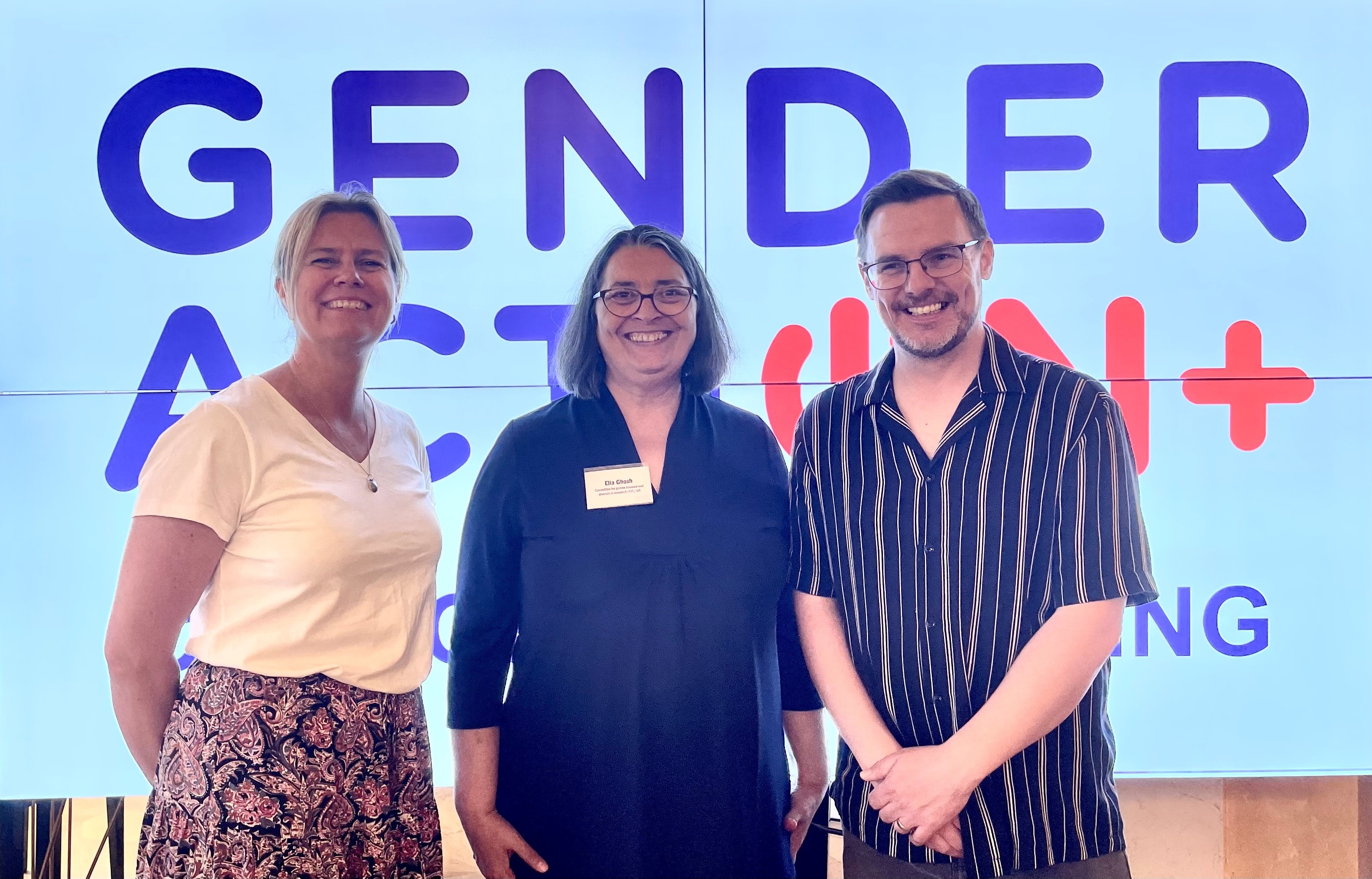
The need for a broader equality policy
Firstly, the organisers of GENDERACTIONplus want gender equality and inclusion to be paramount in the ERA’s next policy agenda and in the upcoming, tenth EU research programme, with the aim of ensuring equality is a greater priority than ever.
Secondly, the organisers want to see an equality policy that is not just about gender, but has an intersectional approach. That means looking at how several discrimination grounds can interact and often reinforce discrimination against some groups.
GENDERACTIONplus focuses on inclusive research environments, but also on how gender perspectives in research and innovation increase the quality of research and make it more relevant, according to the invitation to the conference at genderaction.eu.
The contributions presented at the conference will provide input to the ERA’s new policy agenda, for the period 2025–2027, and subsequently contribute to the next European Framework Programme for Research and Innovation.
The EU’s new research programme will set guidelines that Norwegian institutions must also follow in the competition for European research funding, according to Heidi Holt Zachariassen, who is participating in the GENDERACTIONplus project on behalf of the KIF Committee.
Affects Norwegian research institutions too
Zachariassen says that the GEP requirement that was introduced in Horizon Europe will be strengthened in the next research programme.
The GEP requirement was introduced by Horizon Europe and the Research Council of Norway in 2022, and states that applicants for research funding must have an action plan for gender equality (GEP).
According to Zachariassen, the gender equality requirements in the ERA’s policy agenda must also affect Norwegian research institutions:
“These requirements will eventually be included in national plans in all EU countries and associated countries, such as Norway,” she says.
Zachariassen believes that they will prove useful tools for those working on equality at Norwegian research institutions and influence how, for example, equality advisers should report to the Ministry of Education and Research.
“The EU’s increased emphasis on equality efforts in academia helps to legitimise and strengthen this work. In addition, the EU goes further than Norway in its efforts to combat sexual harassment and sets out more grounds for discrimination.”
“It will be very helpful that there are European guidelines,” says Zachariassen.
The recommendations arising from the report Zachariassen wrote together with Ella Ghosh of the KIF secretariat on intersectionality last year, together with Ross Woods of Ireland's Higher Education Authority, will be published soon.
Key points in the recommendations include more research and data to increase knowledge about inclusion and intersectionality at the European, national and research funding organisation level.
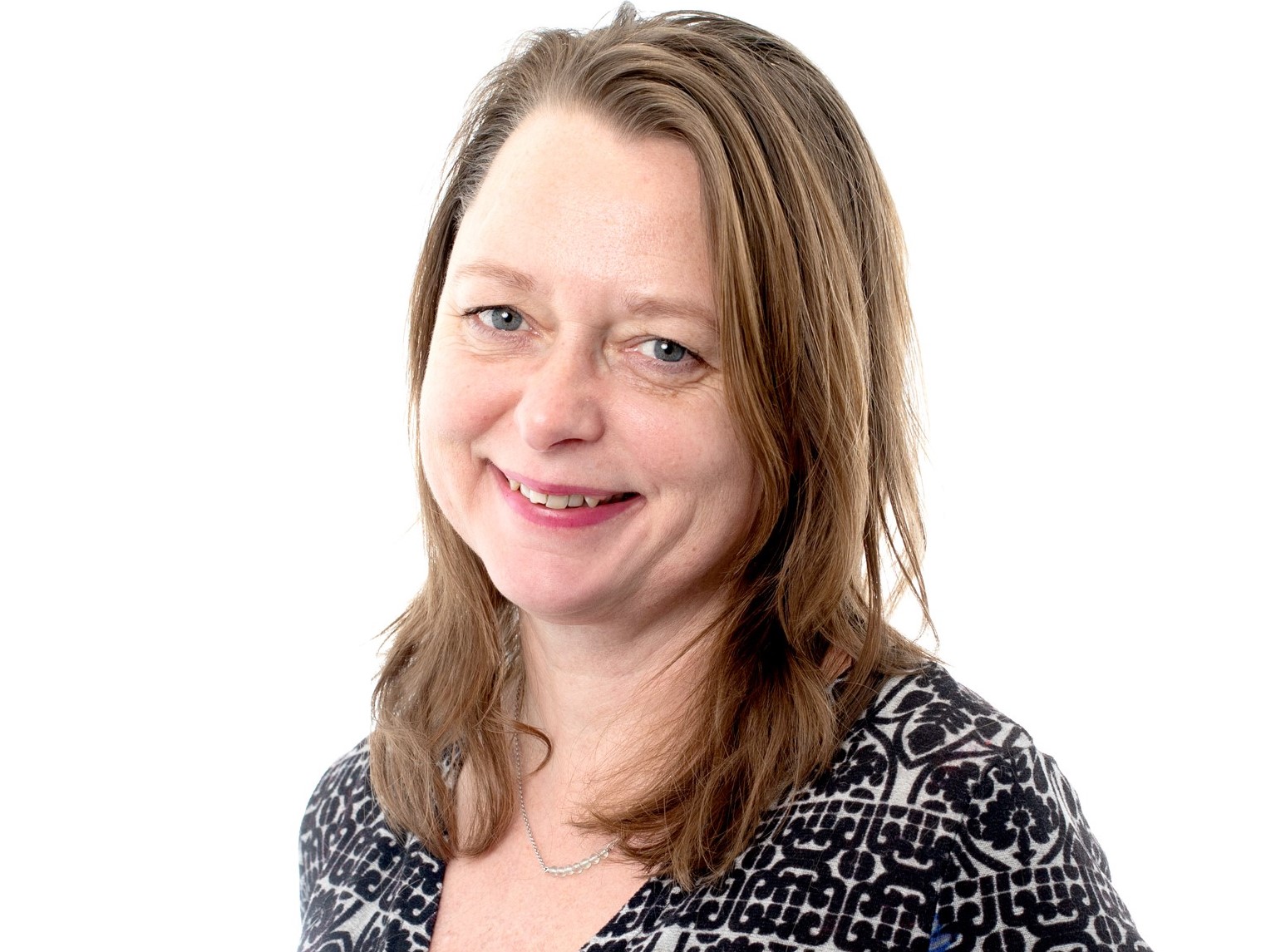
Highlights and hiccups
When GENDERACTIONplus started in 2022, the project managers, a Czech institute, wrote in the press release that its goal was to strengthen gender equality policy in the European Research Area (ERA).
“Both Kilden genderresearch.no and the KIF Committee helped develop and analyse the survey of the measures that exist to promote gender equality in research and innovation,” says Trine Rogg Korsvik of Kilden.
The survey was sent to research funding organisations and national authorities in the EU and associated countries in 2022, resulting in a number of benchmarking reports.
The surveys reveal both what has been achieved in recent years, but also problems, Korsvik points out.
“The reports show that almost all the countries have a general gender equality policy for research and higher education, but how the measures are followed up in practice varies greatly.”
“There is also confusion about what an intersectional approach means, and what integrating gender perspectives into research content involves,” Korsvik says.
At the conference, the participants in the project will discuss the results of the benchmarking reports, as well as incorporate some of their recommendations into the new ERA policy agenda and the new research programme (FP10).
Heidi Holt Zachariassen from the KIF Committee’s secretariat will be participating in the panel ‘From gender to gender+ equality: Intersectionality and inclusiveness in R&I’.
The equality project GENDERACTIONplus stands for Gender Equality Network to Develop ERA Communities To coordinate Inclusive and sustainable policy implementation.
On Tuesday 13 February 2024, the project, under the auspices of the Belgian Presidency of the EU Council of Ministers, will host the conference: ERA of Inclusive Gender Equality. Keeping the Momentum, Addressing Challenges through Joint Action. The conference is being held in Brussels, but it is also possible to attend online. The registration deadline for online participation is 6 February.
GENDERACTIONplus is funded through the EU’s research programme Horizon Europe 2021–2027. The project is a continuation of GENDERACTION (2017–2021), which was funded by the EU’s previous research programme Horizon 2020.
The project includes three actors from Norway: The Research Council of Norway, Kilden genderresearch.no, a knowledge centre and independent department of the Research Council, and the Committee for Gender Balance and Diversity in Research (the KIF Committee), a government-appointed committee under the Ministry of Education and Research.
GENDERACTIONplus has mapped equality measures in different countries in the European Research Area (ERA). Based on these reports, the project provides recommendations for the formulation of gender equality policy in the ERA’s next programme period and the EU’s next research programme (FP10).
The project started in June 2022 and is funded through the EU’s research programme Horizon Europe. The project will promote gender equality and inclusion in the European Research Area (ERA). The participants are both research funders and national authorities, comprising 26 organisations from across 25 countries.
The project emphasises what is needed to create more inclusive research environments and to strengthen the quality of research and innovation through the integration of gender perspectives.
The five thematic areas are:
- intersectionality and inclusiveness
- gender-based violence in academia
- the gender dimension in research and innovation
- monitoring of gender equality actions and development of indicators
- developing a system for monitoring and evaluating GEPs
Under WP2 ‘Intersectionality and inclusion’, Heidi Holt Zachariassen and Ella Ghosh of the KIF Committee and Ross Woods of the Higher Education Authority of Ireland are behind the report: Benchmarking report on terminology and policy on intersectionality.
Kilden has together with the Spanish Foundation for Science and Technology and the Technology Agency of the Czech Republic written the report: Benchmarking and assessment report on guidelines for sex/gender analysis.

